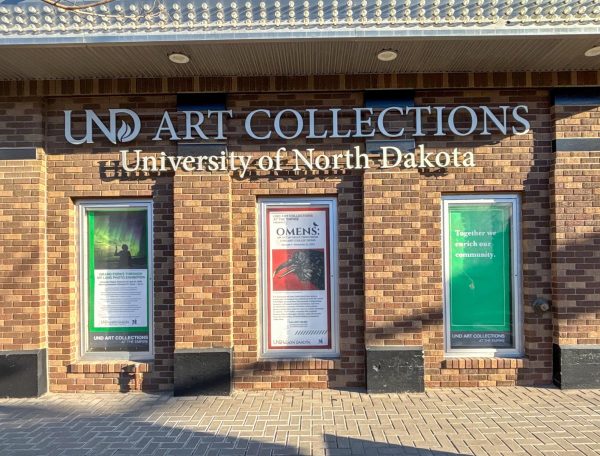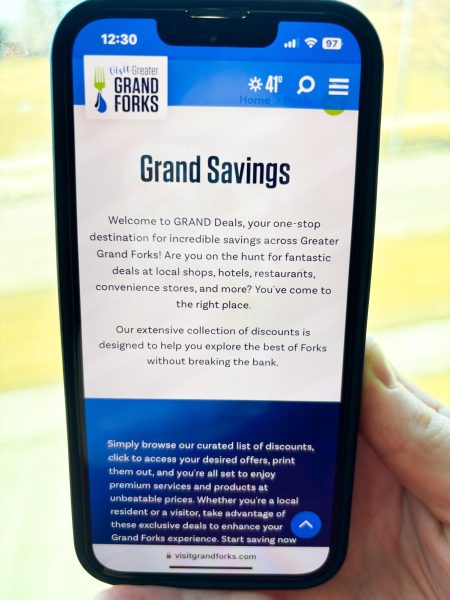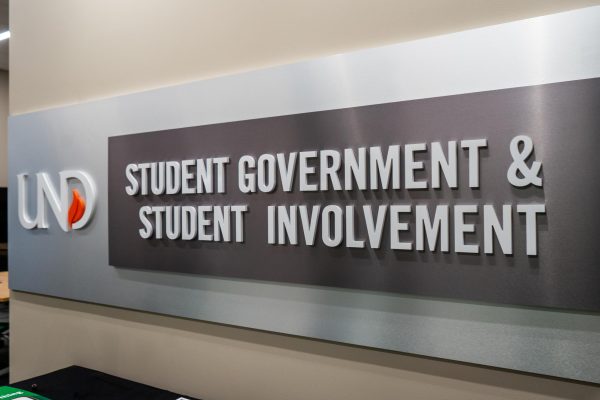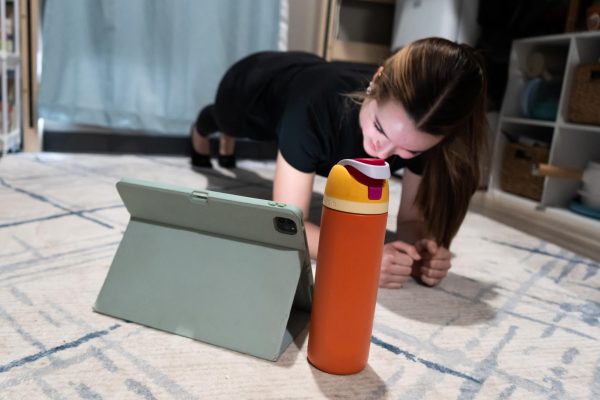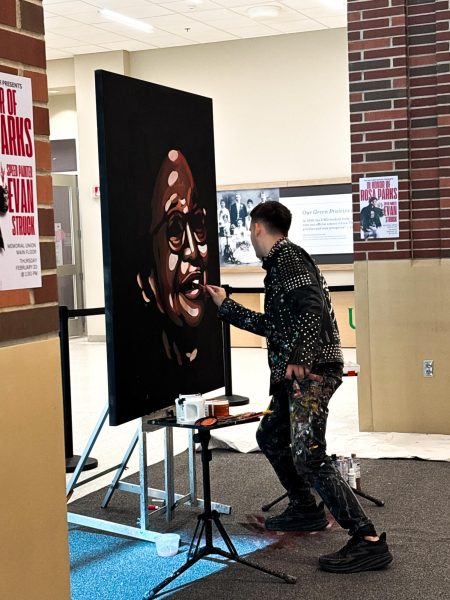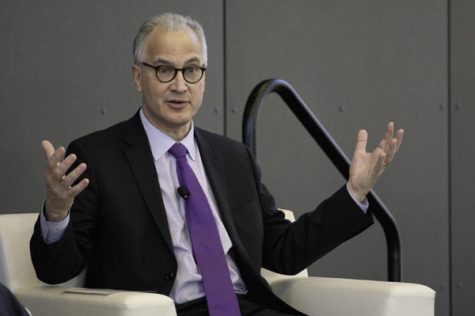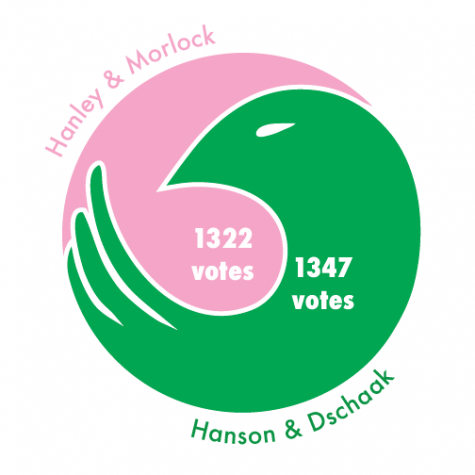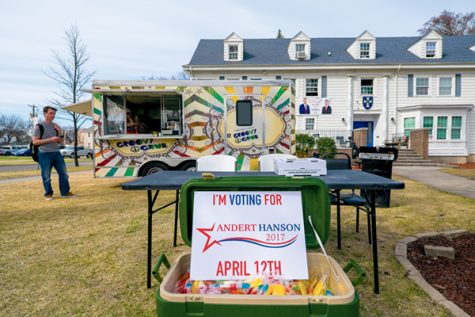Freshmen: getting involved can only help
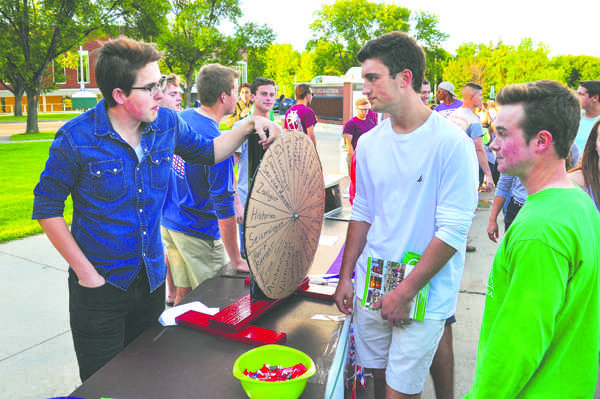
Geography club president Elijah Sack speaks to students during the Student Involvement Expo on Saturday, August 20, 2016.
Geography Club President Elijah Sack speaks to students during the Student Involvement Expo. Photo by Daniel Yun/ The Dakota Student
Every August, thousands of freshmen move into their first college dorms and acclimate to the beginning of their college careers. With that, comes a list of social tasks that all must endure: actually talk to their new roommate, discover where Merrifield Hall is located, and swim through the streets of booths for student organizations. Many try to avoid these booths while others, at the very least, will pick up the free knick-knacks. These booths can do much more than simply dispense Frisbees, they can transform a shy freshman into an advancing college student.
Meet Michael Kelsch, a junior here at UND studying Political Science. He went through high school being a rather quiet student, but that’s not who he wanted to be. “I was never really socially involved in high school; I was always working. Me coming to UND and joining all these student organizations felt like I had a second chance and do stuff I always wanted to do.” Almost immediately, Michael began attending the weekly meetings for the Hall Government of Johnstone-Fulton. There, he was able to branch out to fellow JF students as well as those also interested in politics as a career. In just one year, this quiet Bismarck native developed the reputation and gathered the votes he needed to become President of Johnstone-Fulton Hall Government, who complete every Hall Government meeting with a “we are the best hall government”.
Michael is not alone in his upward development. A study was conducted at Purdue University to see if there is a correlation between a student’s GPA and involvement in student organizations. The study says that “student involvement enhances the overall college experience and the development of transferable skills for undergraduate students. Participation in student organizations can lead to the development of social and leadership skills, higher retention rates, heightened self-confidence, improved satisfaction with college, the ability to see course curriculum as more relevant, and further success after college.” The study showed that students who were members of a student organization average about +0.1 points in their GPA, where officers saw a boost of roughly +0.2. But there’s no reason to jump head-first into every group that looks interesting, because the study also showed no correlation between GPA and the number of groups a student was a member of.
There are people who are worried about school work filling up all their free time. After just leaving the stressful life of high school, simply the thought of joining an organization can seem overwhelming. College is a whole new ball game. There is no shame in going once or twice to get a groove of things, then stopping if you have to. Over-stressing is harmful to oneself in the short and long terms. But if you have the time, joining is fun in the short term, and successful for the long term.
Jacob Notermann is a staff writer for The Dakota Student. He can be reached at [email protected]


